When lost for words or facing the language barrier – the gift of good food and wine is often the perfect communication tool.
By K.M. Robbins
In the movie Contact, one of the plot points surrounds the idea that math and numbers are the only universal language. However, I think food is a universal language in its own way. We may not understand what the other person calls the dish, but we know the sights, smells, tastes, and textures of the dish. After tasting a new dish, we know if we like it, hate it, or are undecided. An “icky” face is pretty much the same in any culture. A “yummy” gesture almost always translates. All of those responses happen wordlessly.
I was reminded of the way food transcends while on the plane from Los Angeles to Japan. While on the flight, I bonded with two Chinese men who were sitting next to me. Although they spoke only a handful of words in English, we bonded when I ordered wine for myself and, upon discovering it was free, they poked me and gestured that they wanted some, too. Believing in good alcohol karma, I got the stewardess to get them wine. We toasted our bottles and were good friends after that. To show gratitude, they gave me some of their snacks. I didn’t know what they were and I couldn’t very well say no. Luckily, each snack was tasty. There was one snack of pickled and heavily salted cabbage that came out of a pouch and which they poured into my wine cup. Luckily I’m not averse to drinking wine out of a single-serving bottle. Then, there was a version of Chinese Sweet Tarts. Finally, there was a small candy-looking wrapped packaged that I opened, expecting to find chocolate. Instead, I found a tasty bite of dried jerky and dehydrated vegetable. After each, I smiled and mimed how much I enjoyed these food gifts. I also then made sure to order them wine when dinner was served. I’m telling you, good alcohol karma is important.
This story of someone who can’t talk to me and using food to communicate is not a unique event in my life. I went backpacking in Greece in 2002 with a friend. While on one train trip, we were fed cookies by an old woman on the train. She smiled. We smiled. She ate her cookies. We ate ours and smiled again in approval. Also in Greece while on a ferry back from Lesvos to Athens, my friend and I were camped out on the floor with several other people. One group consisted of a middle-aged woman, an older woman, and two young men. My best guess was that it was a mother, grandmother, and two 20-something sons. At one point, they opened a picnic of prawns, Greek salad, and bread. The older woman offered us a chance to share their meal with them. Even without exchanging words or polite dinner conversation, we exchanged food and let our joy in the meal speak for us.
I would have liked to have known the story of the two Chinese men, where the family on the ferry was going, or what the old woman on the train had seen during her life. For each, the gesture of food said enough. For the two Chinese men, sharing of wine and dehydrated meat/vegetables was enough to bridge the divide of anonymity. It made us co-travelers in a shared moment. At one point, the one Chinese man showed me pictures of his daughter’s college graduation, which gave me a sense of their story even without knowing the details. I like to think that bonding couldn’t have happened without food and using food as a common ground of discourse. I like how well food has spoken for me and how food has been used to speak to me by others. How great that we are all universal speakers of the language of food.


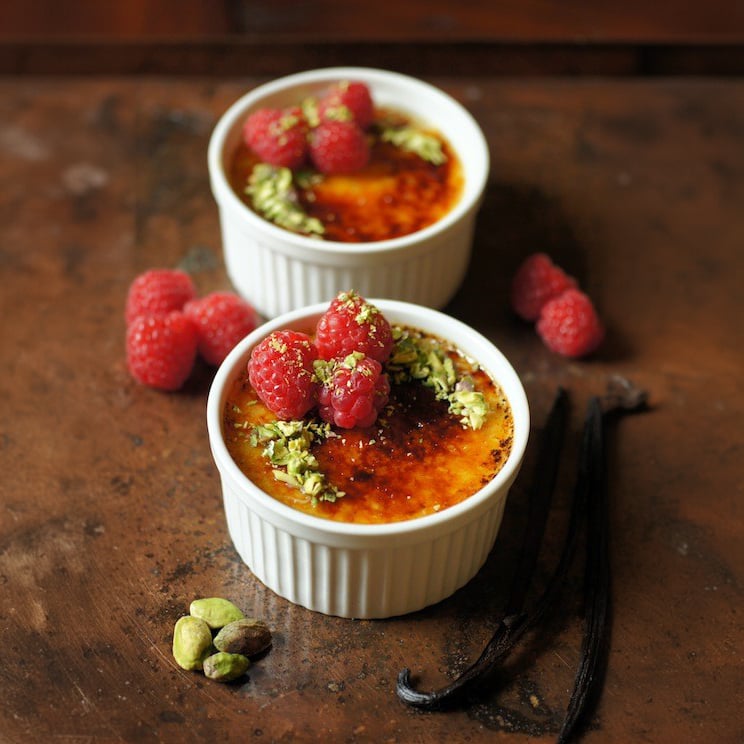
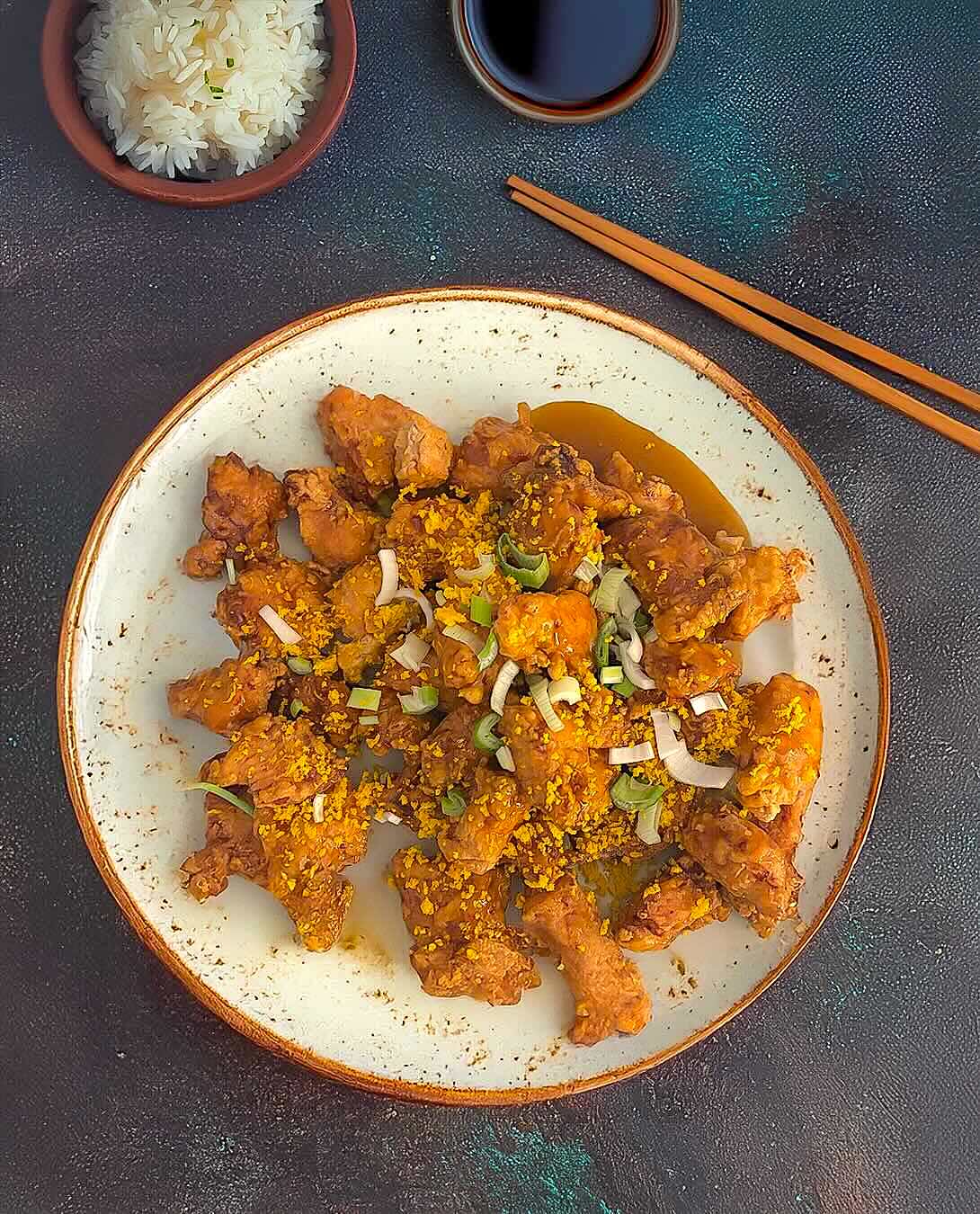
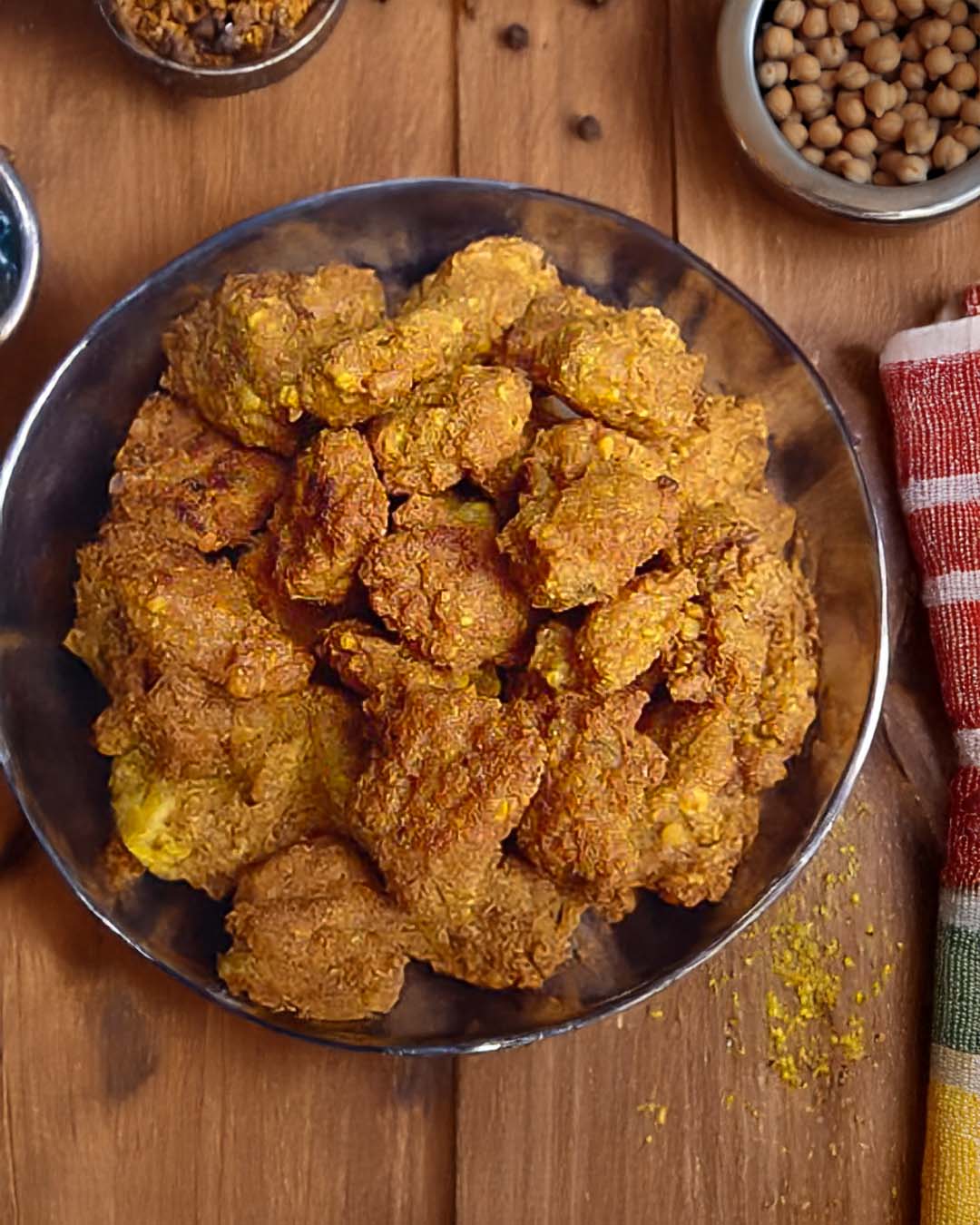
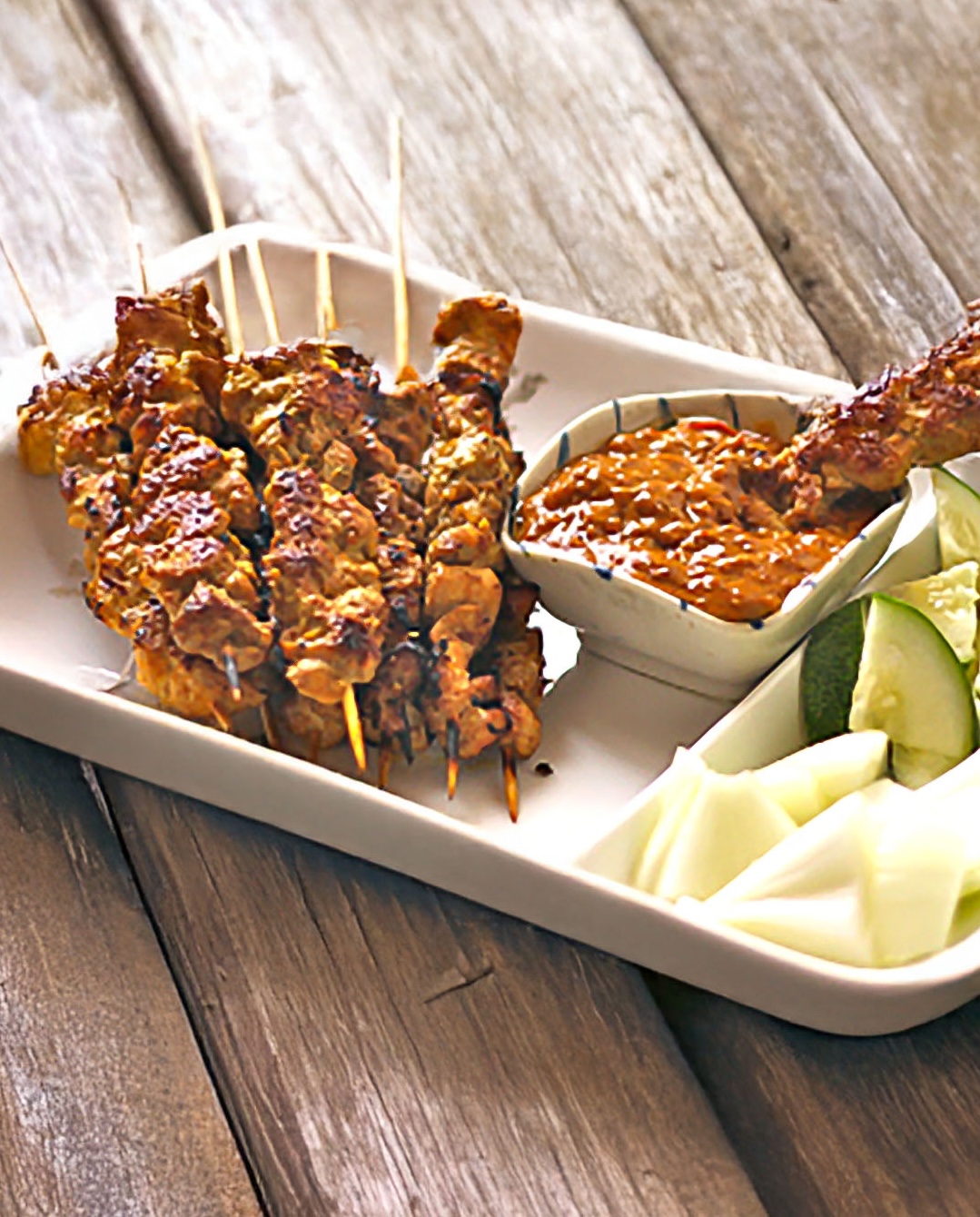
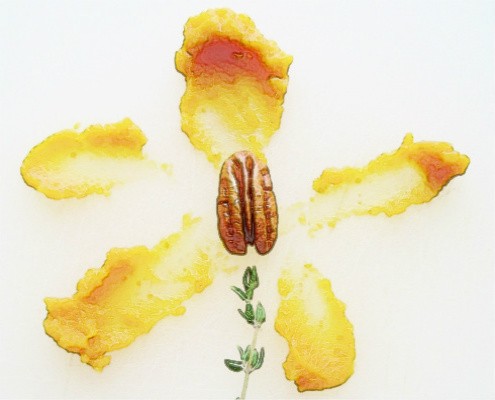
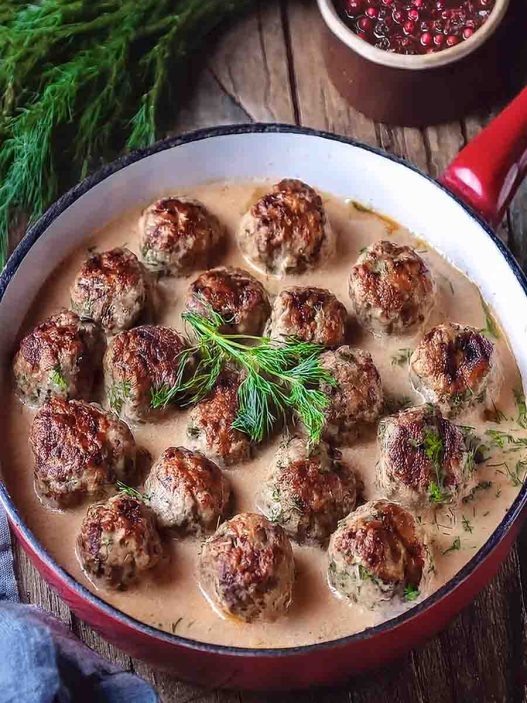
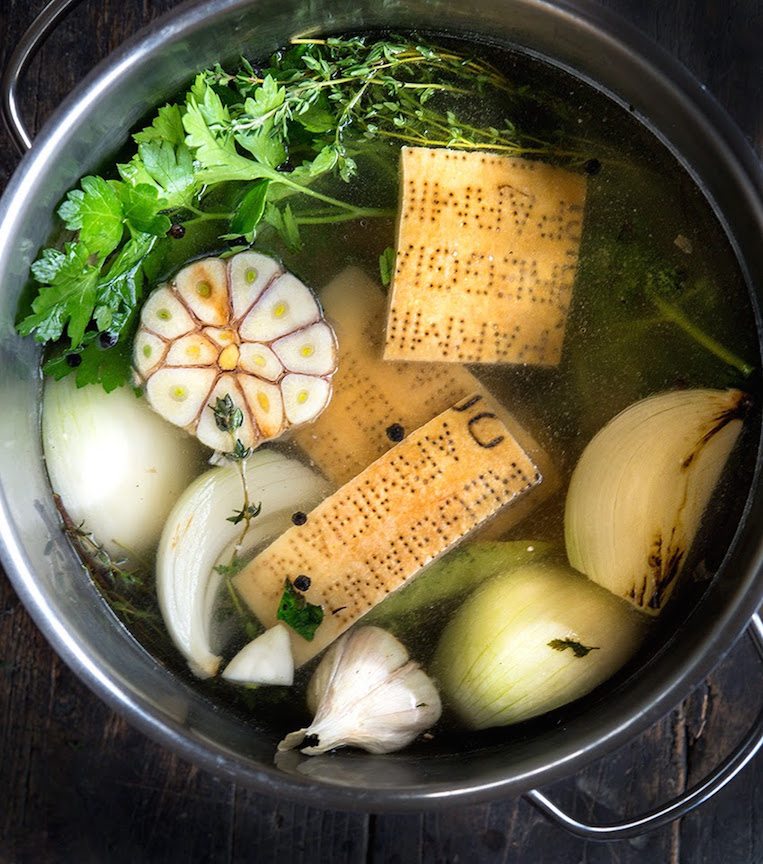

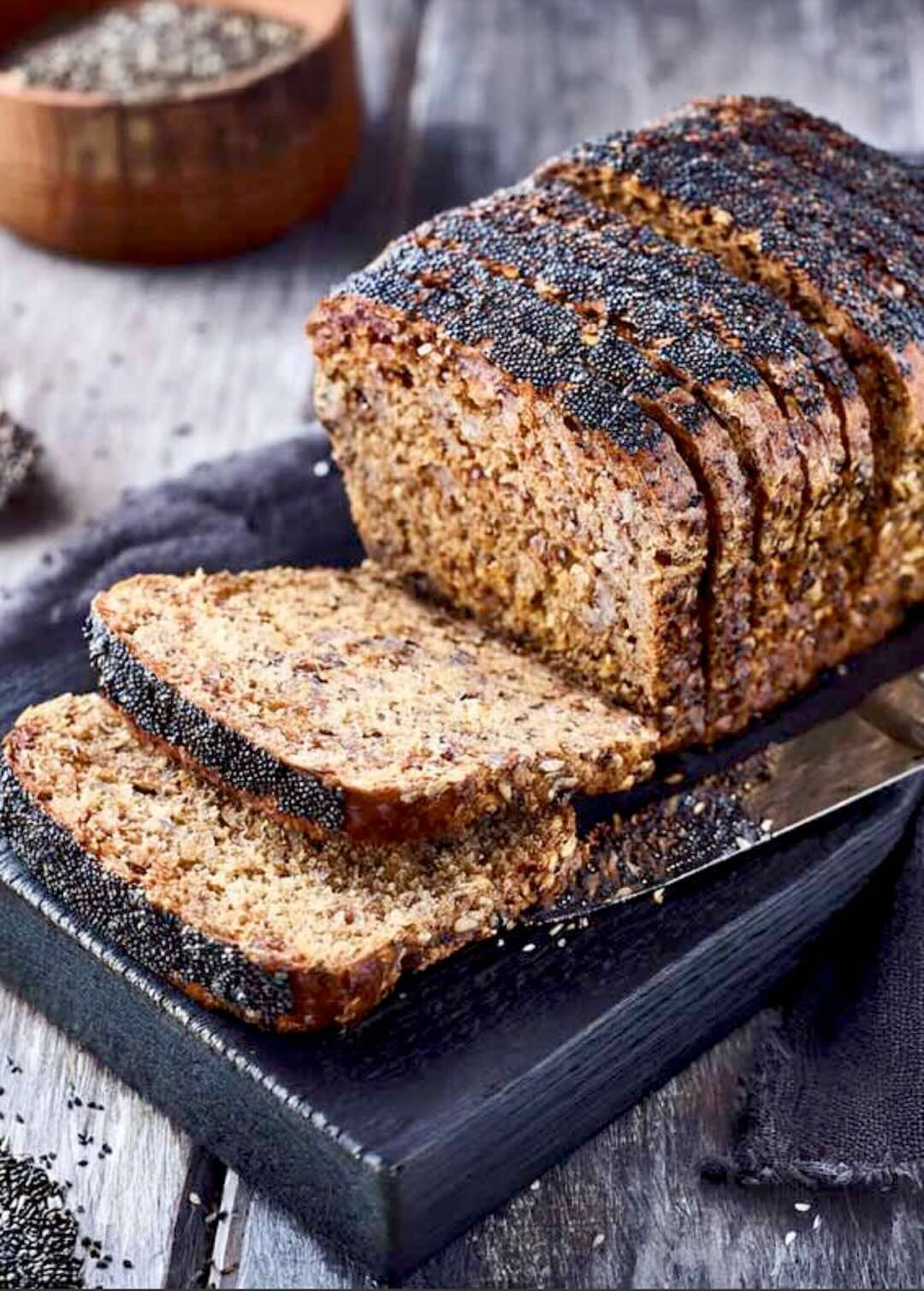
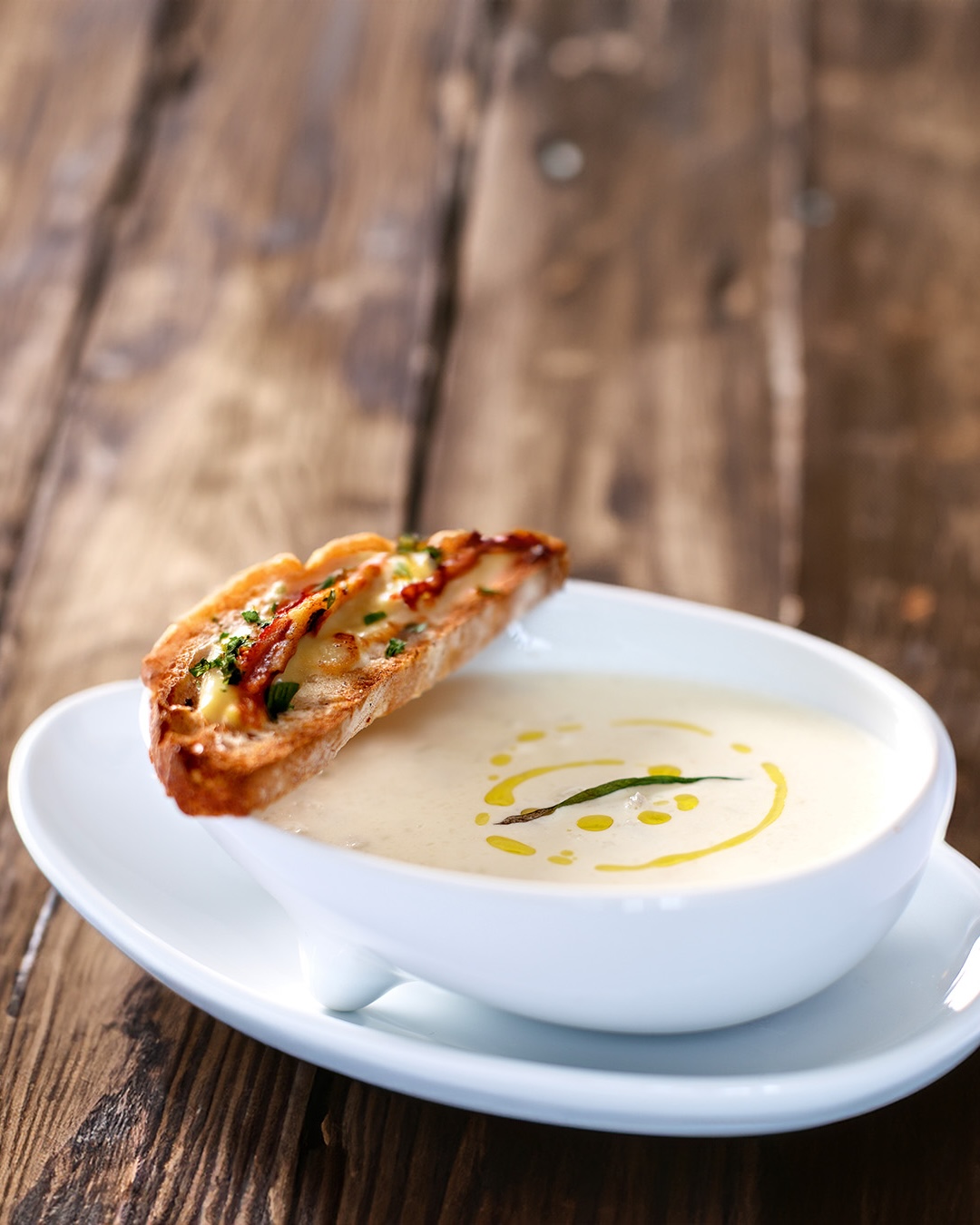
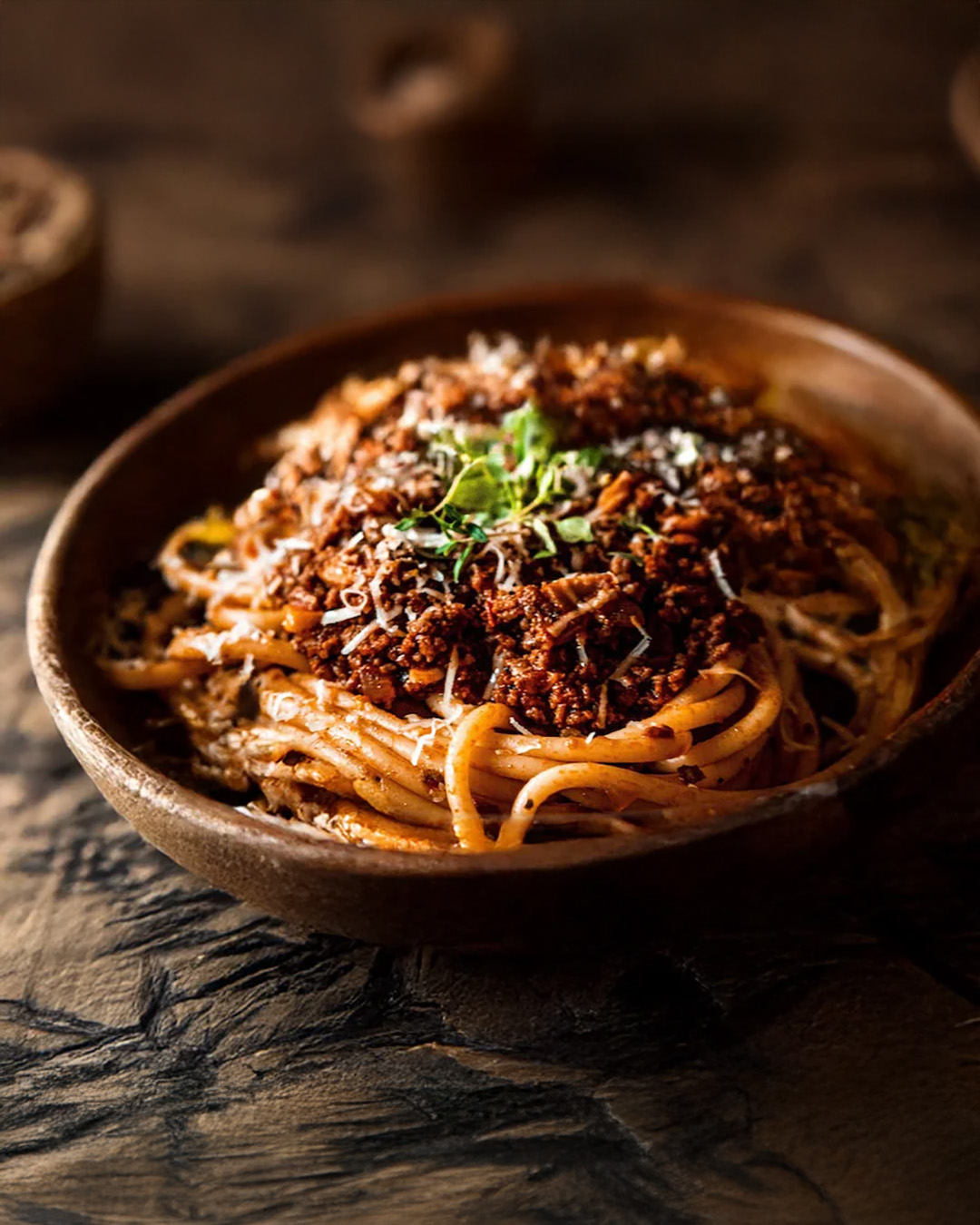
Loved your post. Happened upon it while doing research for my post. Quoted you and linked. You said it beautifully.
Karen
Big words…
Lovely read!
What a beautiful article! THANK YOU! :)